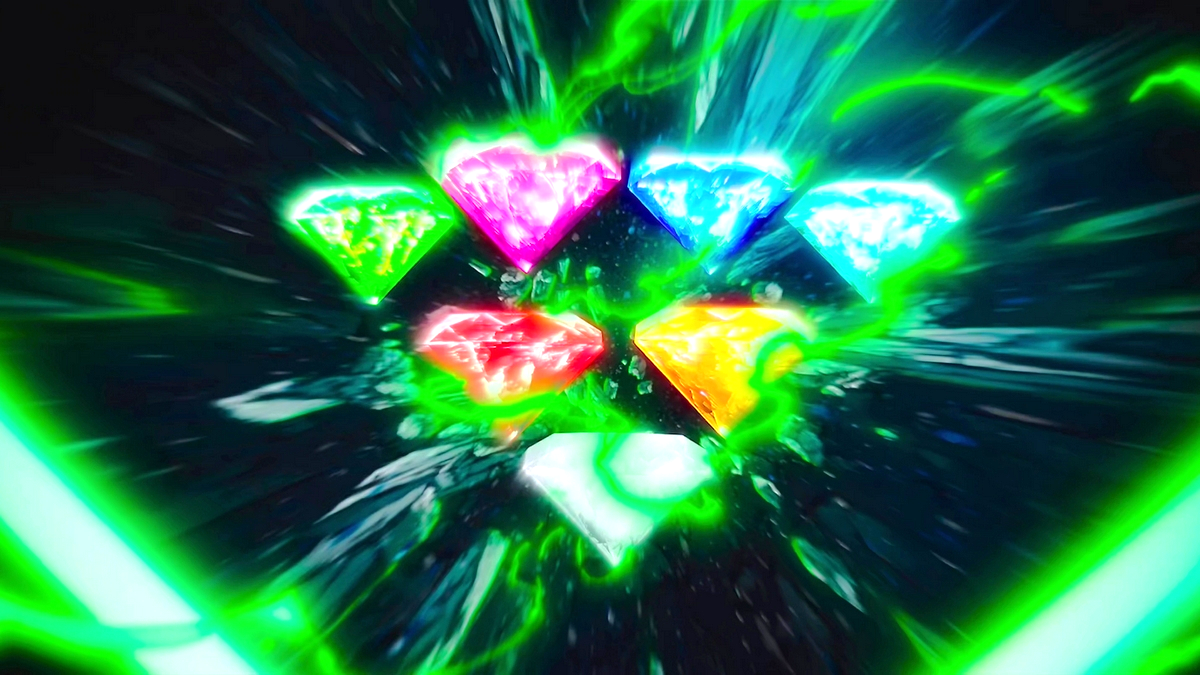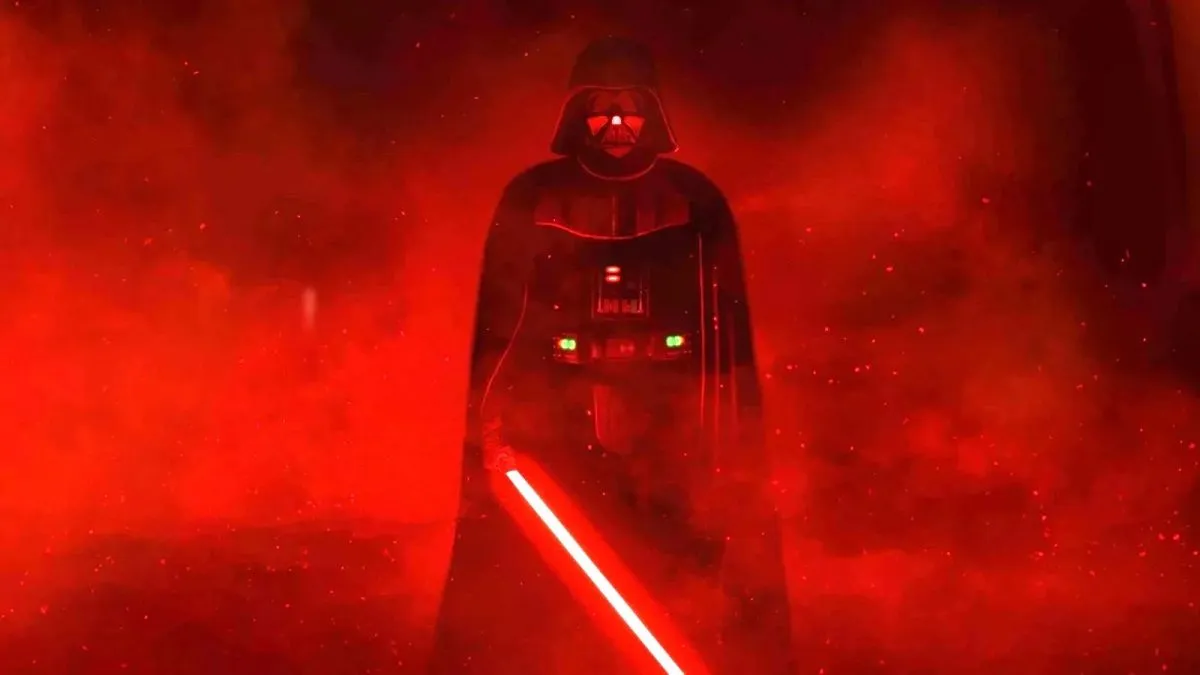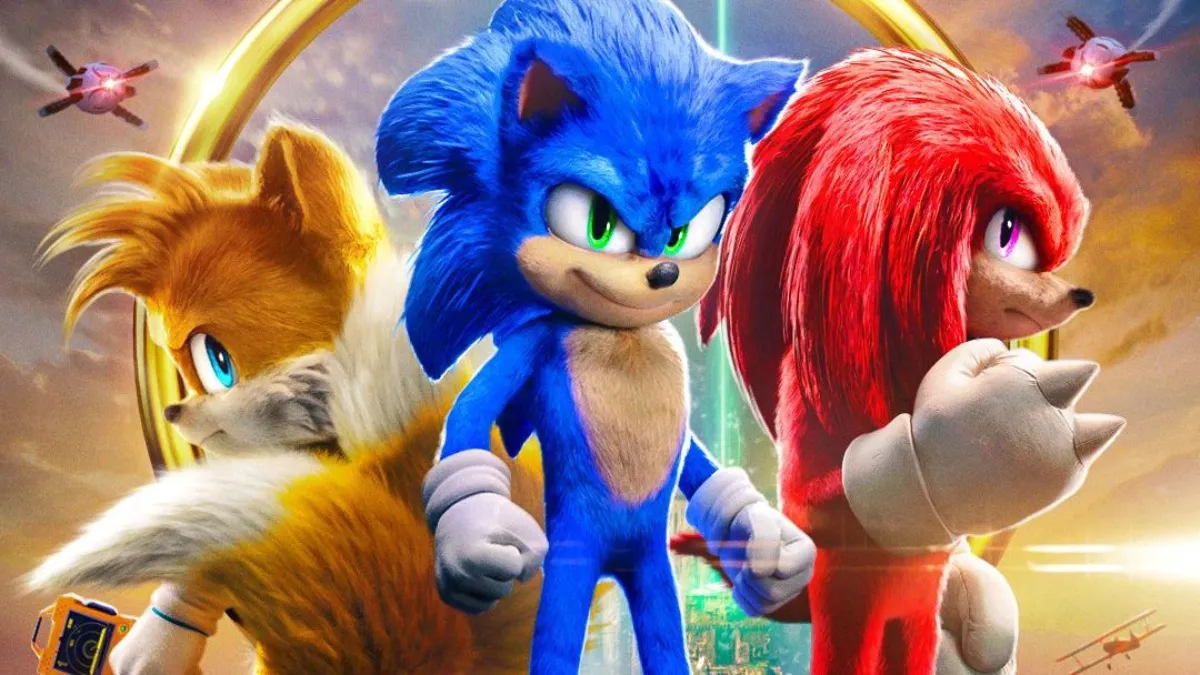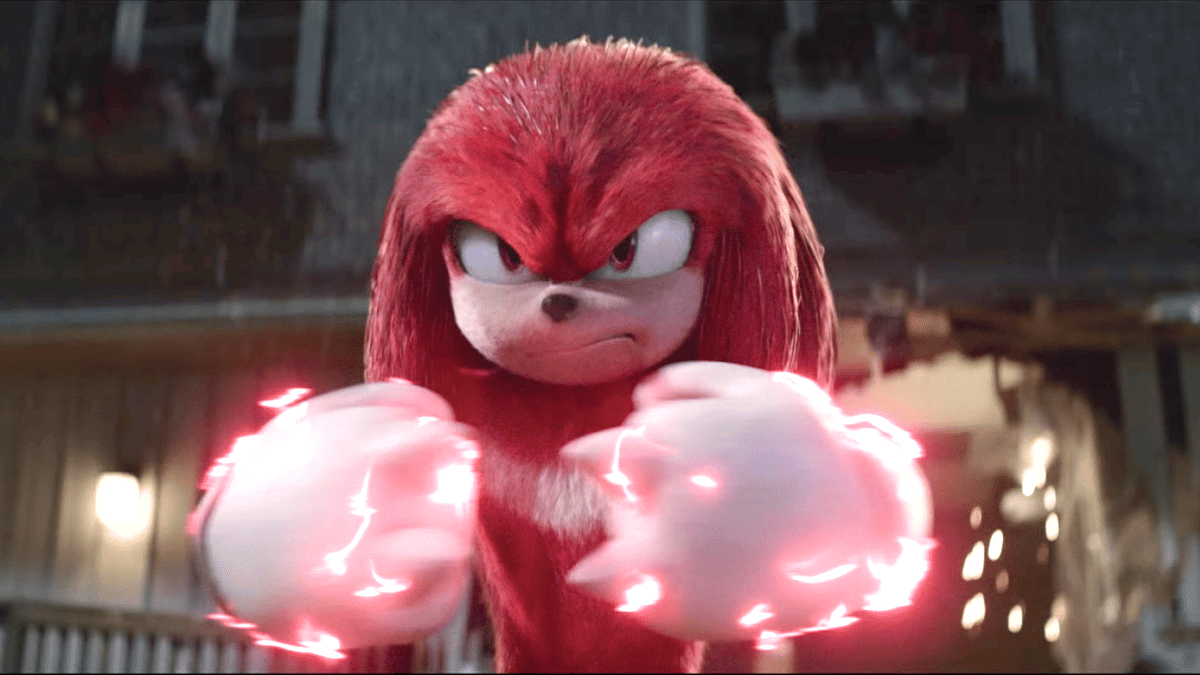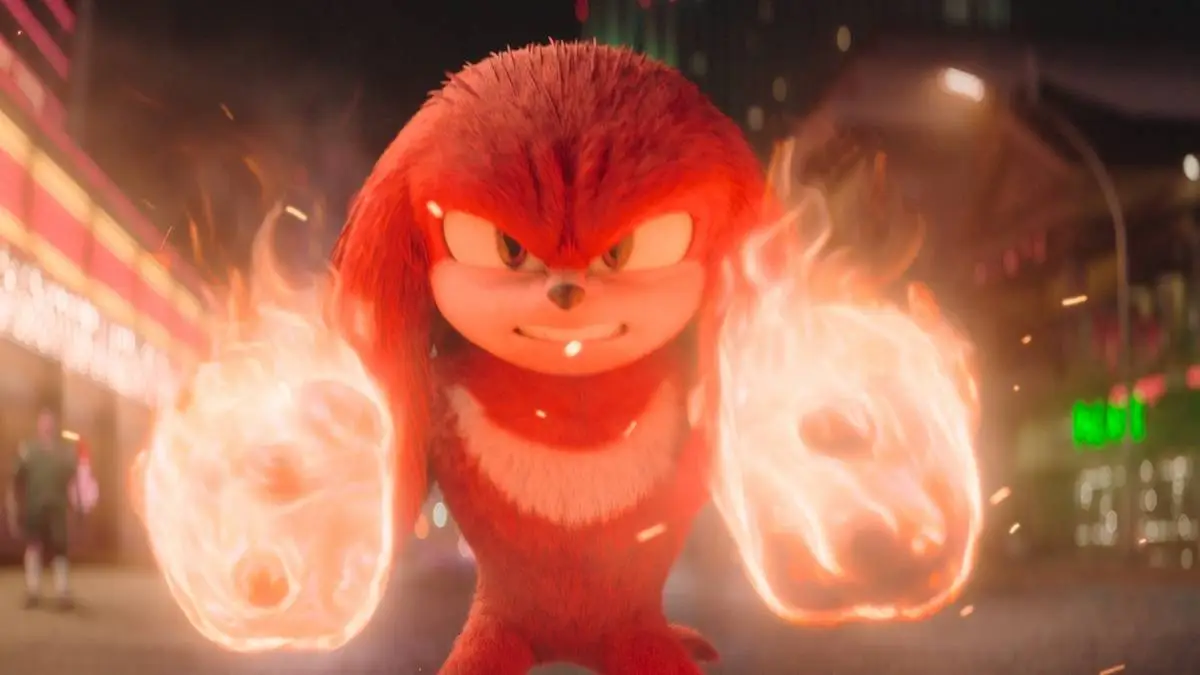Warner Bros. and Denis Villenueve both have a lot riding on Dune, the latest stab at adapting Frank Herbert’s seminal novel for the big screen. The last time the epic sci-fi was made into a movie it flopped hard at the box office, as did Villenueve’s Blade Runner 2049; the filmmaker’s most recent attempt at reinventing a decades-old classic for modern audiences.
The fact Dune‘s title card has a ‘Part One’ prefix signals right from the beginning that the director has no intention of telling a complete story, which is the single greatest and most glaring weakness of a film packed top-to-bottom with strengths. Of course, nobody knew that the pandemic would come along and decimate the entire entertainment industry, but it’s a bold and downright risky move opting to spend $165 million on a star-studded blockbuster that doesn’t have an ending.
Dune has been called unfilmable on plenty of occasions, and you’ll likely be less than ten minutes into the 155-minute running time before you decide whether or not the story is going to be up your street. Opening any film with a voiceover that delivers exhausting exposition is a gambit, but the incredible visual style on display from the very first frame offsets the dry info dumps about Arrakis, spice, the Houses of Harkonnen and Atreides, Fremen and all the rest.
Make no mistake about it; Dune is a dense, complex and incredibly ambitious slice of Hollywood spectacle, one that might not be for everyone. However, if you immerse yourself into the richly-detailed world and allow the sheer scope of this thing to wash over you, the end result is comfortably one of the most distinctive and unique studio-backed titles to come along in a long time.
Trying to condense the plot of Dune is a fool’s errand, but in the broadest of strokes, it’s a classic Hero’s Journey right out of the Joseph Campbell playbook. Timothee Chalamet’s Paul Atreides is the son of Oscar Isaac’s Duke Leto, and they’ve just been appointed by the Imperium empire to assume command of operations on Arrakis. Paul has continuous dreams that may be prophetic in nature, with Zendaya’s Fremen Chani a recurring figure in all of them.
As it turns out, the House of Atreides has been lured into a planetary ambush by the Harkonnen, forcing Paul and his mother Lady Jessica to flee into the desert, all while the young man wrestles with the destiny of being Muad’Dib, essentially the Chosen One of the Fremen. If that doesn’t sound like your bag, then there’s really no point in watching Dune at all, because huge swathes of the narrative are dedicated to characters talking about political machinations, prophecies, double-crosses, disbelievers and the like.
On a technical level, though, Dune is never anything less than spectacular and often outright astounding. Villenueve is one of the best visualists in the business, and when you marry that to Greig Fraser’s stunning cinematography and an understated yet still sweeping Hans Zimmer score, it’s always a feast for the eyes and ears.
Early comparisons to Lord of the Rings, Harry Potter and Star Wars sounded lofty, but they’re not entirely accurate, either. Dune is a much different type of movie, and while it shares plenty of DNA with those aforementioned classics in terms of expanding its mythology and laying the groundwork for what’s to come, Villenueve isn’t so much interested in action sequences or a stirring sense of adventure as he is in treating everything with the utmost seriousness, solemnity and thematic weight.
Luckily, the cast are about as uniformly excellent as you’d imagine given their pedigree. Chalamet makes for a well-rounded protagonist even if he does flirt with bratty territory once or twice, with Isaac and Josh Brolin furrowing their brows and letting their gruff charisma shine. Stellan Skarsgard and Dave Bautista do veer a little into the one-dimensional side of things, which will likely be rectified should we get that Dune: Part Two, with Jason Momoa providing the only real levity and lightness of touch as Duncan Idaho, regularly popping up to steal scenes thanks to his easygoing natural charisma.
Another issue with Dune is the pacing; it’s a long movie that very much feels like a long movie at points, but at least it’s frequently punctuated by grandstanding scenes of great actors doing great acting, intricately-choreographed fight sequences or some classic CGI destruction on an intergalactic scale. As an experience, it’s unlike anything else you’ll see this year, and Villenueve wasn’t lying when he said you won’t get anything close to the best of Dune if you watch it at home.
Circling back to this beginning of this review, just to reiterate that a lot of people are going to find the ending of Dune infuriating. For two and a half hours, Villenueve’s awe-inspiring effort has been building towards Paul finally meeting Chani and becoming the man he was always destined to be… and then it ends. Calling a movie Part One is fine if Part Two is already guaranteed to happen, but Warner Bros. have made it clear that finishing the story is entirely dependent on how the first half fares at the box office. If the numbers aren’t up to scratch, then Dune will always have an asterisk next to its name as 50% of what it wanted to be, so let’s hope that audiences turn up in their droves to see it this weekend.















